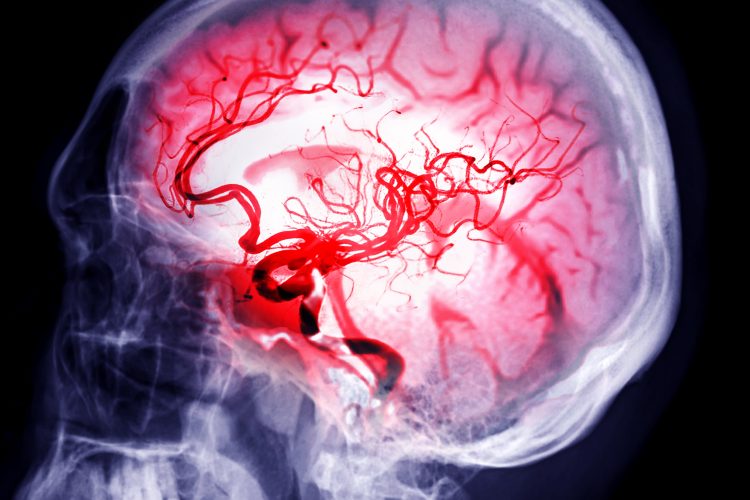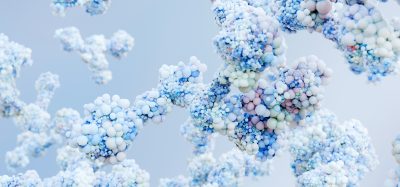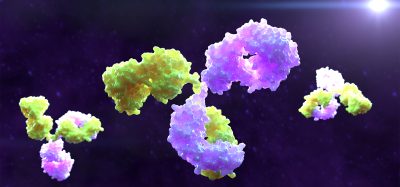New therapy targets triglycerides to prevent aneurysms
Posted: 21 August 2025 | Drug Target Review | No comments yet
A new study shows high triglyceride levels directly cause abdominal aortic aneurysms – highlighting triglyceride-lowering therapies as a potential new treatment.


High levels of triglycerides – the most common fat in the body and in foods– directly cause abdominal aortic aneurysms (AAA), according to a new Michigan Medicine study in mouse models.
Triglycerides as causal drivers, not just biomarkers
The research, published in Circulation, identified triglyceride-rich lipoproteins and regulatory proteins such as APOC3 and ANGPTL3, as causal drivers of AAA.
The findings question the common belief that triglycerides are merely biomarkers of vascular disease. Instead, the study demonstrates that they play a direct role in aneurysm development, growth and rupture.
Automation now plays a central role in discovery. From self-driving laboratories to real-time bioprocessing
This report explores how data-driven systems improve reproducibility, speed decisions and make scale achievable across research and development.
Inside the report:
- Advance discovery through miniaturised, high-throughput and animal-free systems
- Integrate AI, robotics and analytics to speed decision-making
- Streamline cell therapy and bioprocess QC for scale and compliance
- And more!
This report unlocks perspectives that show how automation is changing the scale and quality of discovery. The result is faster insight, stronger data and better science – access your free copy today
“We have known that hyperlipidaemia is a risk factor for aortic aneurysm, but this multidimensional study pinpoints hypertriglyceridaemia as an essential contributor to the development and growth, as well as dissection and rupture, of aortic aneurysms,” said co-senior author Dr Eugene Chen, MD, Frederick G. L. Huetwell Professor of Cardiovascular Medicine at University of Michigan Medical School.
“Our findings suggest that managing triglycerides could become a powerful therapeutic strategy.”
Triglyceride dose-dependent effects
Using three different mouse models of hypertriglyceridaemia, the researchers discovered a clear triglyceride dose-dependent effect on aneurysm severity.
- Moderate elevations in triglycerides accelerated aneurysm formation.
- Higher levels led to aortic dissection.
- Mice with elevated triglyceride concentrations developed more severe complications consistent with aortic rupture.
Mechanism behind aneurysm progression
Further research showed that elevated triglycerides and related fatty acids – particularly palmitate – impaired the maturation and activity of lysyl oxidase (LOX). LOX is a critical enzyme responsible for maintaining the structural integrity of the aortic wall.
This enzyme dysfunction weakened connective tissue and promoted aneurysm progression. However, when researchers overexpressed LOX in the aorta – they effectively blocked the damaging effects of hypertriglyceridaemia – confirming the presence of the mechanism.
New therapeutic potential
While normal lipid-lowering therapies – such as niacin – were not effective enough to bring triglyceride levels into a protective range, the team found success with an experimental antisense oligonucleotide therapy.
The drug candidate targets ANGPTL3 – a protein secreted in the liver that regulates fat metabolism. In mouse models, the treatment reduced triglyceride levels by up to 50 percent and prevented both aneurysm formation and dissection.
“This is an exciting development for a condition that currently has limited options beyond surgical repair,” said co-senior author Dr Yanhong Guo, MD, Research Assistant Professor of Internal Medicine at University of Michigan Medical School.
“The findings may represent a paradigm shift in how vascular diseases like abdominal aortic aneurysm are understood and treated, offering hope for patients at high risk who currently lack effective pharmacological interventions.”
Related topics
Animal Models, Disease Research, Drug Discovery, Drug Discovery Processes, Drug Targets, Lipids, Therapeutics, Translational Science
Related conditions
Aneurysms
Related organisations
University of Michigan Medical School








